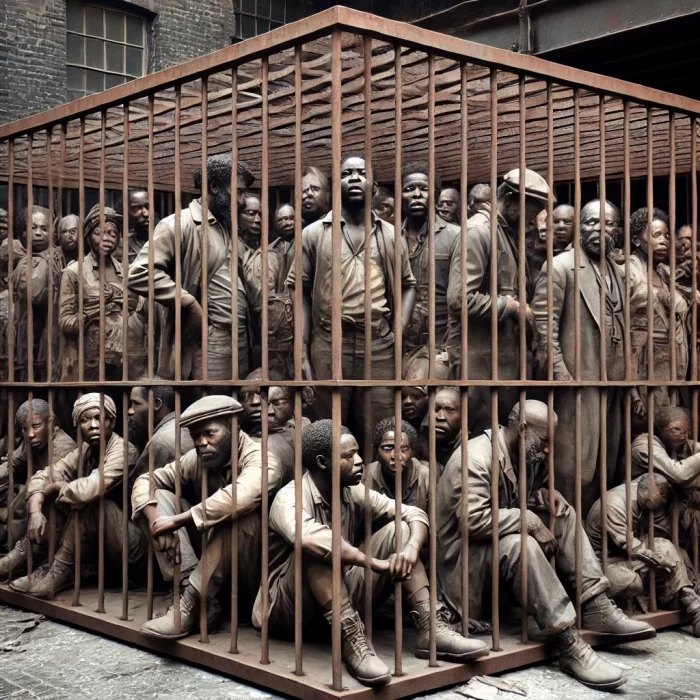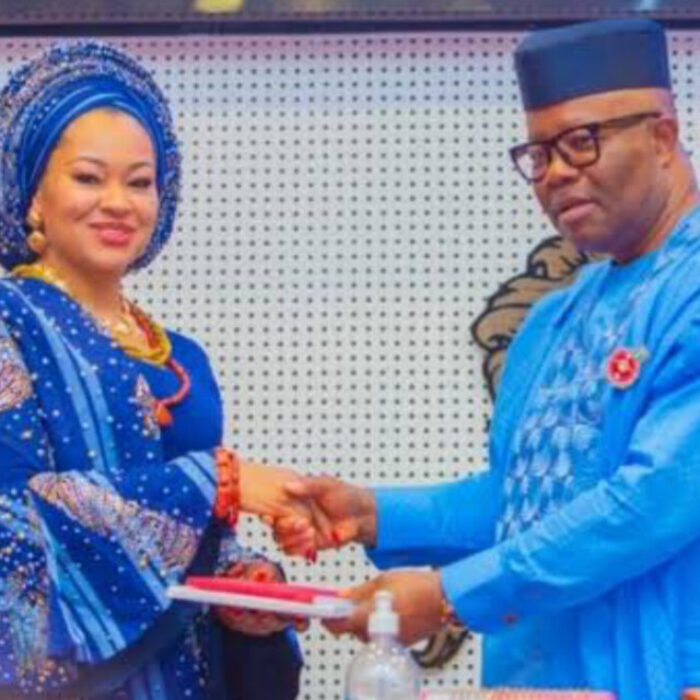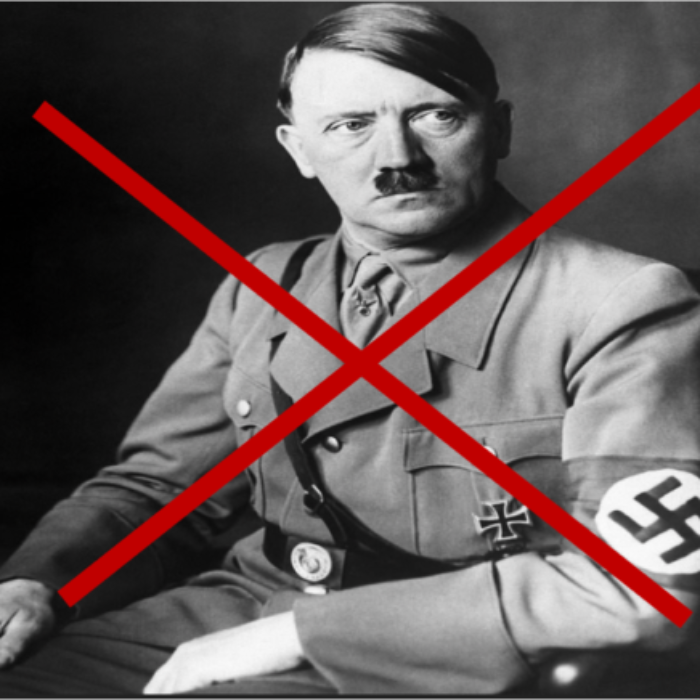Nnaoke Ufere, PhD
In our fledgling democracy, a strong opposition serves as a vital safeguard against authoritarianism and policy mistakes, ensuring accountability, diverse representation, and the protection of our citizens’ wellbeing.
Effective opposition leaders employ various strategies to achieve these goals. They propose alternative policies, offering viable solutions to the nation’s challenges and providing a credible alternative to the ruling party’s agenda.
Additionally, they lead peaceful protests, as exemplified by Kenya’s opposition leader Raila Odinga and his Azimio coalition, who demonstrated remarkable leadership and clear messaging, mobilizing the public and maintaining momentum in their successful protests against President Ruto’s unjust tax hike on already struggling civilians.
The opposition also contests unlawful policies in both the public court of opinion and the law courts, ensuring that the government is held accountable for its actions. Furthermore, they engage in grassroots mobilization, building a strong network of supporters to amplify marginalized voices aimed at influencing the ruling party’s policies.
By employing these strategies, the opposition plays a vital role in promoting good governance, defending democratic values, and advancing the people’s welfare, providing a crucial checks-and-balances mechanism that strengthens democracy and ensures accountability.
However, Messrs. Atiku Abubakar and Peter Obi have failed to provide effective opposition leadership, abandoning their responsibility to hold the Tinubu government accountable for its harmful actions.
Their ineptitude has created a governance vacuum, emboldening President Tinubu and his ministers to act with impunity and without accountability. By failing to provide a robust counterweight, Atiku and Obi have enabled the entrenchment of Tinubu’s punitive policies, driving the nation to the brink.
Sadly, the opposition led by Atiku and Obi is in disarray, lacking the strategic vision, political will, organizational cohesion, and collective purpose necessary to effectively protect the people’s interests from the harmful policies of the Tinubu administration.
Under Atiku’s leadership, the PDP has become a mere puppet of the ruling party, lacking the courage to challenge the government’s authoritarian tendencies and policy blunders.
PDP members in the National Assembly have betrayed their mandate, prioritizing personal interests over the people’s welfare, and have shamefully capitulated to the APC, failing to hold the government accountable.
Similarly, Peter Obi’s leadership shortcomings have decimated the Labor Party, rendering it a shadow of its former self. Obi is now a leader without a functional party, unable to hold the Tinubu administration accountable or mobilize his supporters, leaving them vulnerable to the administration’s policy failures.
Atiku and Obi’s weakness has effectively neutralized the potential of their collective voices, leaving a political vacuum that the APC has exploited to consolidate power. Worse, their inability to provide a robust counterweight has emboldened the Tinubu administration to act with impunity.
Public Interest vs. Private Gain
Anonymous sources close to the matter reveal that Atiku and Obi are entangled in a complex web of political and personal interests, a characteristic of Nigeria’s transactional politics.
Their business empires rely heavily on government favors, contracts, licenses, and funding, making them vulnerable to Tinubu’s manipulation. It is likely that Tinubu has exploited this vulnerability to silence them through blackmail, thus render them ineffective as opposition leaders.
While they publicly pose as champions of the opposition, their private dealings with the government undermine their credibility and expose their complicity in the corrupt political establishment they purportedly contested against in the last election.
This duplicity has neutralized their ability to hold the government accountable, perpetuating a culture of unaccountability. Their compromised position reveals the true nature of their opposition: a facade designed to maintain a semblance of credibility with their supporters.
In conclusion, Atiku and Obi must transition from spectators to proactive opposition leaders to safeguard our nation and its long-suffering citizens. The country is facing unprecedented challenges, with people suffering and dying from avoidable starvation and diseases. It is crucial for effective opposition to hold the government accountable and address these critical issues.
It is morally imperative for Atiku and Obi to assume their constitutional responsibility as opposition leaders and hold the government accountable. If they fail to do so now, they will forfeit their moral standing to run for president in 2027. I call on Atiku and Obi to urgently rise to the occasion, put aside personal interests, and champion the people’s cause.
The future of Nigeria depends on their ability to lead the opposition with courage, conviction, and a commitment to democratic values to serve the best interest of our people.




